Amid celebrations for the eighth centenary of St. Francis of Assisi’s stigmata, hundreds of young people gather in Florence until Sunday to look at the future through the eyes of the great saint.
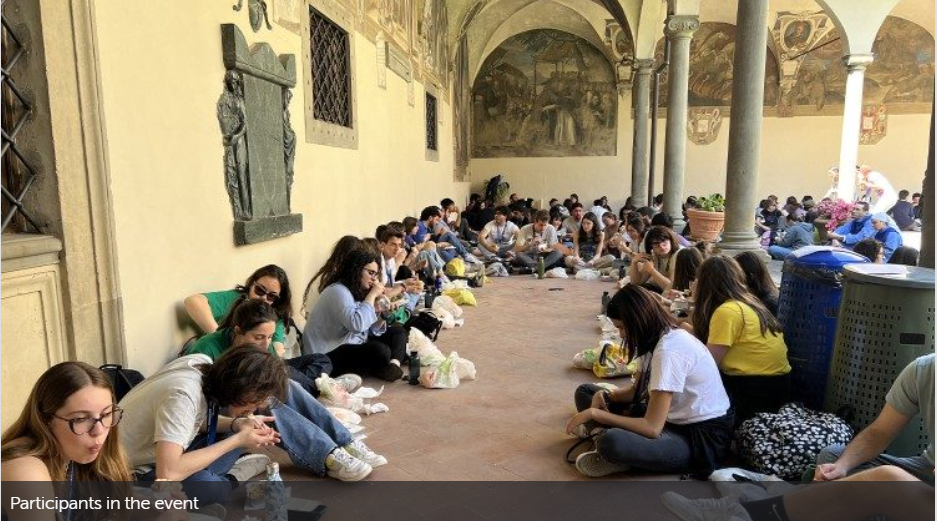
Young people gathered in Florence, Italy, are trying to fully perceive the legacy of St. Francis.
They are doing this through dialogue with the other generations.
At least a thousand young people have come from all over Italy to explore various themes, related to St. Francis, amid the celebrations for the eighth centenary of his stigmata.
This was seen in the opening evening during the encounter with Roberto Vecchioni, who met with Davide, a young singer-songwriter, and two girls from Rondine – Cittadella della pace, one Ukrainian and the other Russian.
The two young women shared their great pain for the war that has been going on between their countries for over two years.
For a sustainable safeguard of Creation
“To save life on earth we need an ecological conversion,” Stefano Mancuso, professor at the University of Florence and founder of plant neurobiology, appealed from the stage of the Francesco Live event.
The Francesco Live event is the meeting of young people who want to seek answers, following the testimony of the Poor Man of Assisi.
On Friday, Florence’s Basilica of the Holy Cross was packed with young people who participated in the event.
The first plenary session was dedicated to integral ecology, in which life, Mr. Mancuso went on to explain, “is a precious good, and yet,” he added, “the quantity of life on the planet is decreasing: the number of animals on earth has halved in the last fifty years, among mammals, almost all of them are now humans and animals that are part of the human food chain.”
A planet distorted by man
Chiara Giaccardi, professor of sociology at the Catholic University of Milan, also emphasised the weight of the human footprint on Earth. “We are in the era of the anthropocene, man has the power to distort the planet.”
Faced with this, she said, the answer lies in being generative.
‘”Science tells us that everything is relationship, and relationship is generative, it gives birth to fruits of the future. Freedom is not the absence of ties: it is making something exist that is not yet there. It is bringing something new into the world, in a shared way.”
This represents the opposite of individualism, which, according to the sociologist, “unties us from everything and ends up making us all the same. This is not our anthropological vision. Every genius needs to be fertilised in order to create. Everything we do has an impact on society and nature.”
Climate crisis and migration
The plenary, coordinated by Michela Lazzeroni, professor of economic-political geography at the University of Pisa, also gave voice to Giorgio Brizio.
The 22-year-old young man, student of International Development and Cooperation Sciences, also deals with climate crisis and migrations.
Also on stage was Friar Francesco Zecca, a Friar Minor from the Salento Province, who has been committed for years to justice, peace and the protection of creation, both in the city where he works, Taranto, and in the OIKOS project.
OIKOS is the Franciscan network of the Mediterranean, which during Francesco Live brought to Florence some young people from countries bordering the ‘Mare nostrum‘ and who for days, in the Sala Giunta of Palazzo Vecchio, have been discussing many issues concerning the present and future of this area of the world.
The economy was the central theme of the event held on Saturday.
Source: Vatican News

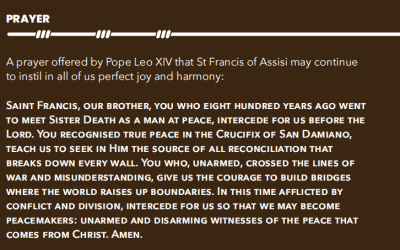
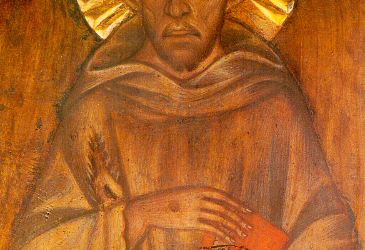
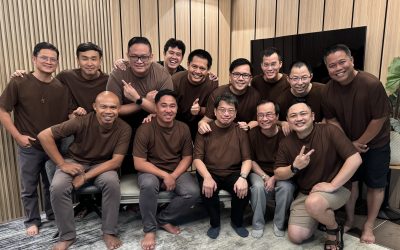
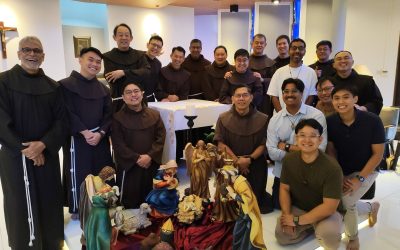
0 Comments